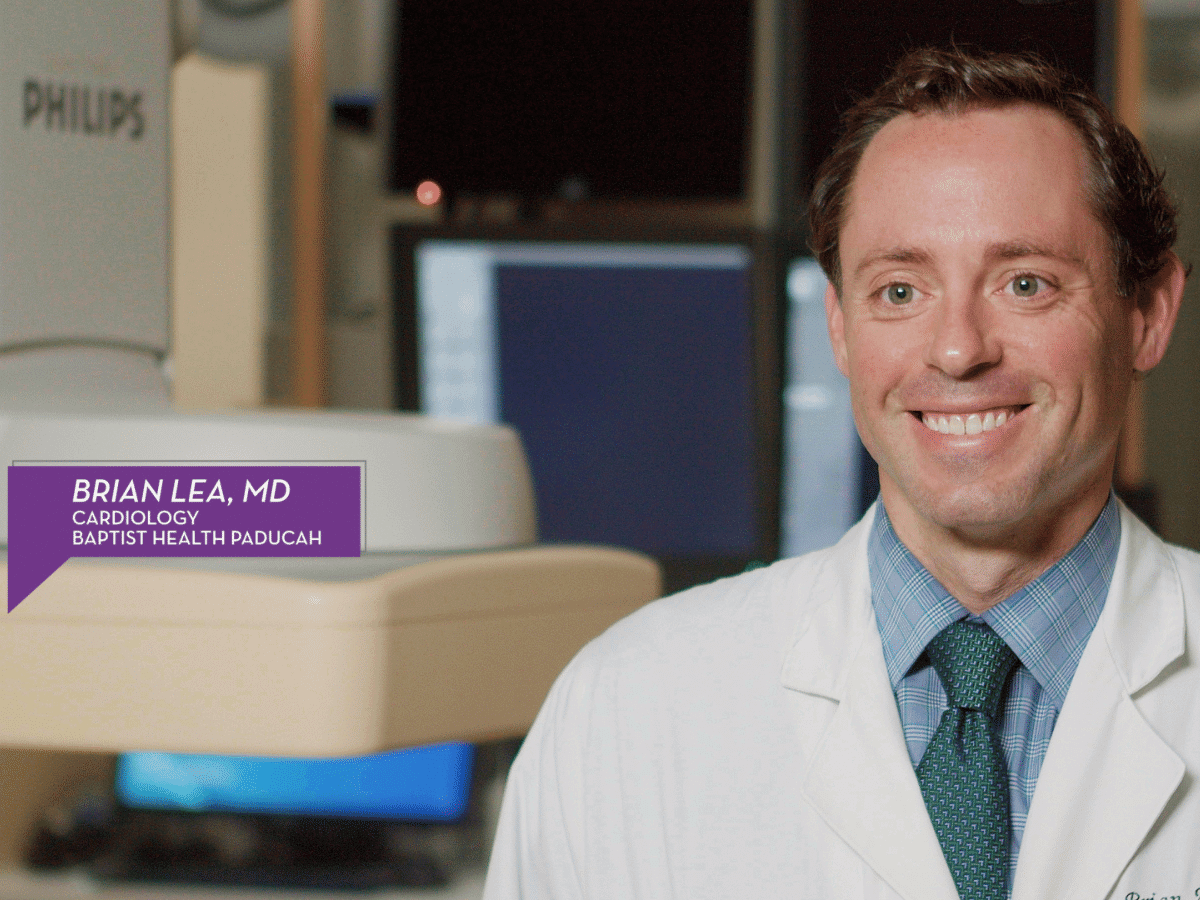If You’ve Had COVID, Pay Close Attention to Your Heart

Clinically reviewed by: Dr. Tyler Richmond
Everyone’s heart is unique. And as a physician, I can tell you that the more you know about your one-of-a-kind heart, the better you can take care of it. While nothing can replace talking with your own healthcare provider, here is some information that can help you become heart smart.
There’s a lot we’re still learning about COVID-19. And one of the things we’ve discovered is that people who’ve had it – even if they weren’t sick enough to be hospitalized – are at an increased risk for a number of heart conditions. That applies regardless of your age, race or sex.
I’m not telling you this to scare you if you’ve had COVID. Most people who get the virus recover fully within just a few weeks. However, having had COVID does mean that you should pay attention to your heart’s health and be aware that your risk is a bit higher.
What problems are the most common?
While a number of cardiovascular issues have been associated with COVID, the two we’re seeing most often are heart failure and arrhythmia, or abnormal heart rhythms.
- Heart failure occurs when the heart doesn’t pump blood throughout the body as well as it should. It may develop due to the body’s inflammatory response to the infection, from damage to the lungs that affects the way the heart pumps, or from an inflammation of the heart tissue itself, which is known as myocarditis. A recent study noted that the risk of congestive heart failure among people who had COVID within the past four months was about 2.5 times higher than among people who had not had it.
- Arrhythmia occurs when the heart beats irregularly and less efficiently. One form of arrhythmia is atrial fibrillation, or A-fib, which is an irregular and often very rapid heart rhythm that can lead to blood clots. It increases the risk of stroke and other serious complications.
Here’s how you can help protect your heart.
Having a history of COVID is considered a risk factor for heart disease, just like high cholesterol, high blood pressure, or being a smoker. Early diagnosis and treatment can help prevent serious health consequences. Having a primary care provider who will get to know your health history and monitor your health on a regular basis is especially important if you’ve had COVID.
Talk with your primary care provider about your unique heart needs and the specialized care available at Baptist Health. If you don’t have one, Baptist Health can help you find a provider who is dedicated to bringing you care that’s centered on you and your one-of-a-kind heart.



